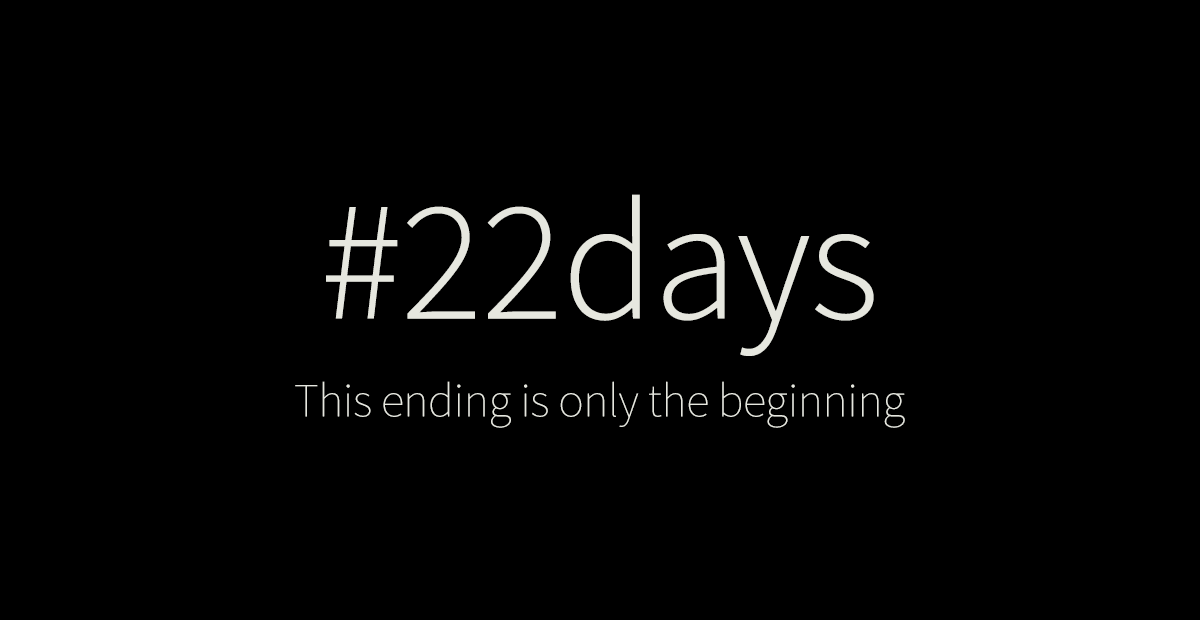The Anglican Church of Canada will mark the closing ceremonies of the Truth and Reconciliation Commission (TRC) and its work to address the tragic legacy of Indian residential schools with a project reflecting one of the event’s key themes—that this ending is just the beginning.
The church is calling for 22 days of prayer and renewal in its commitment to healing and reconciliation for all the peoples of Canada—Indigenous and non-Indigenous—that will begin Sunday, May 31, at the start of the TRC closing event in Ottawa, leading up to the National Aboriginal Day of Prayer on Sunday, June 21.
The #22Days project includes four major elements:
- A specially created 22 Days website with resources on the history of residential schools, the relationship of Indigenous peoples to the Anglican Church of Canada, the work of the TRC, and worship material for the National Aboriginal Day of Prayer;
- Sacred stories on the 22 Days website telling the experiences of residential school survivors—stories of trauma, shame, and abuse, but also courage, resilience, and hope—accompanied by a daily prayer;
- A wall on the 22 Days website where users can post their own stories of learning and describe their commitment to improved relations with Canada’s First Peoples; and
- The ringing of church bells across Canada for each of the 1,181 indigenous women and girls who were reported murdered or missing between 1980 and 2012. Bells may be rung on National Aboriginal Day or throughout the 22 days. On three successive Wednesdays (June 3, 10, and 17), some Anglican churches across Canada will ring their bells 1,181 times at 2 p.m. local time, starting in Newfoundland and ending in British Columbia, ringing for an estimated five and a half hours.
At the heart of the #22Days project—endorsed by Archbishop Fred Hiltz, Primate of the Anglican Church of Canada, along with National Indigenous Anglican Bishop Mark MacDonald and the Anglican House of Bishops—is a commitment to listen to the stories of residential school survivors and work for positive change.
For almost a century, the Anglican Church of Canada worked with the federal government to run a total of 36 residential schools for Indigenous children.
While some participants may have had nobler intentions, the underlying colonial aim was the destruction of Indigenous cultures by taking children from their families, driving many parents and children into social dysfunction and addiction. Many of the students who attended the schools suffered emotional, physical and sexual abuse.
A growing recognition that this was wrong led the Anglican Church to withdraw from running the schools in 1969, yet it took another quarter century before the church offered an apology to children and their families. The church has been striving ever since to live into that apology and confront ways in which it has embodied colonial attitudes.
In 2008, the Anglican Church of Canada joined with the other parties to the Indian Residential School Settlement Agreement including the Protestant churches, the Roman Catholic entities, the government of Canada, national indigenous organizations, and survivors of the residential schools to create the Truth and Reconciliation Commission of Canada as agreed to in the settlement agreement.
“The call from the Primate and bishops to ’22 Days’ of prayer, listening, witness and commitment is part of our commitment to take seriously the recommendations of the TRC, and the responsibilities that are handed along to us as their work concludes,” General Secretary Michael Thompson said.
Media inquiries should be directed to:
Matt Gardner
Corporate Communicator
Anglican Church of Canada
416-924-9199 ext. 263
[email protected]
Meghan Kilty
Director, Communications and Information Resources
Anglican Church of Canada
416-924-9199 ext. 230
416-843-0539
[email protected]
updated June 1, 2015
Interested in keeping up-to-date on news, opinion, events and resources from the Anglican Church of Canada? Sign up for our email alerts .

